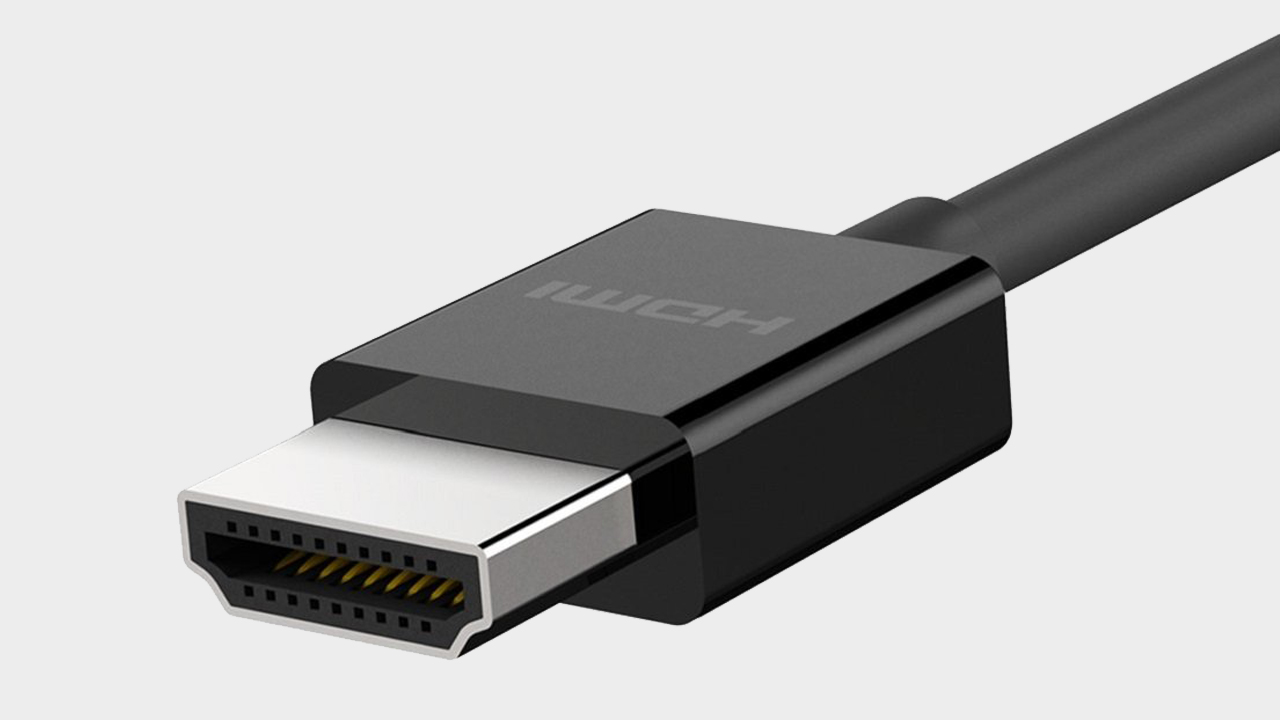New polymer cables could match fibre optic speeds with the simplicity of copper
Researchers are giving each other high-fives over new cable's potential.

If we haven't yet reached the moment when copper cabling starts to seem completely inadequate for the job, we will soon. Your home internet connection may well have already made the change for faster speeds as copper is phased out, although it will be a while longer before our PC towers are hooked up any other way. Yet a team of researchers say we won't have to wait around for quick and easy fibre optic, instead it places its hopes in a brand new, and super fast, polymer cable.

Best CPU for gaming: the top chips from Intel and AMD
Best graphics card: your perfect pixel-pusher awaits
Best SSD for gaming: get into the game ahead of the rest
The plastic polymer cable is proposed as a blend of both copper's simplicity, which is required for a wide range of uses, and fibre optic's speed. It's rated to 105 GB/s, and like fibre optic can be bundled up for even greater speeds.
It's being presented this month by Jack Holloway, who completed his PhD at MIT and now works for US defence contractor Raytheon. The technology is clearly one the military has its eyes on, too, as the has also been partly funded by the Office of Naval Research and Naval Research Laboratory. It's co-authored by Ruonan Han, an associate professor, and Georgios Dogiamis, a senior researcher at Intel, which also partly funded the research.
The need for a new cable is due to the energy burned and the rate of information exchanged today, which is often limited today due to the widespread use of copper cabling, Holloway says in a report on MIT (via IEEE Spectrum).
That's an issue felt most in the datacentre, where massive bandwidth comes at ever-increasing expense, but we're also effected even down to our gaming PC. Copper cabling is the ultimate limitation on cable length, for example. Want longer cables with a steady signal? We're going to need an answer to copper.
One answer even today is fibre optic, which can be found in HDMI cables, but that comes with its own limitations.
"There’s currently no way to efficiently generate, amplify, or detect photons in silicon," Holloway says. "There are all kinds of expensive and complex integration schemes, but from an economics perspective, it’s not a great solution."
Keep up to date with the most important stories and the best deals, as picked by the PC Gamer team.
A polymer cable, Holloway says, may be a viable alternative that addresses both copper and fibre optic concerns.
"It’s far less costly than [copper or fibre optic] approaches, with significantly wider bandwidth and lower loss than conventional copper solutions," Holloway explains in the MIT post. "So, high fives all round."
And Intel employee Dogiamis believes the cable could "address the bandwidth challenges as we see this megatrend toward more and more data."
It remains to be seen if the polymer approach will make it out of the lab and into mass manufacturing, but from the promises of the team that created it, it sounds like we could be seeing some form of polymer cable come into use in the near future.

Jacob earned his first byline writing for his own tech blog. From there, he graduated to professionally breaking things as hardware writer at PCGamesN, and would go on to run the team as hardware editor. He joined PC Gamer's top staff as senior hardware editor before becoming managing editor of the hardware team, and you'll now find him reporting on the latest developments in the technology and gaming industries and testing the newest PC components.

